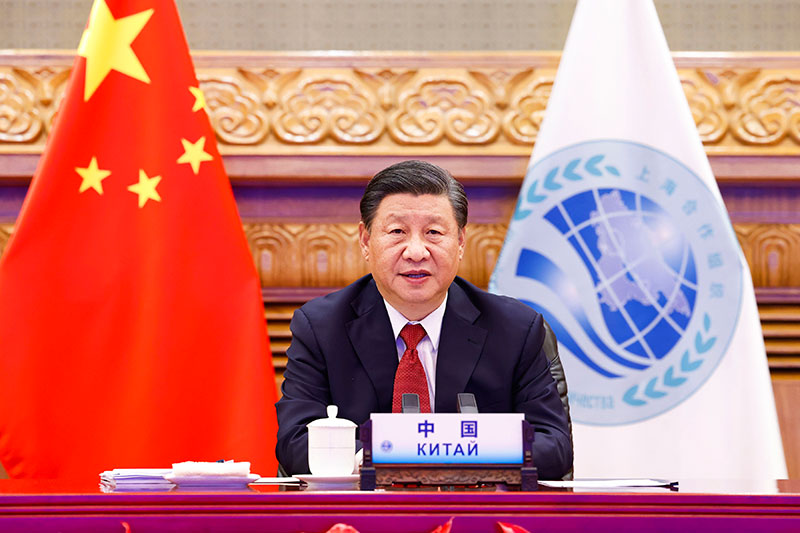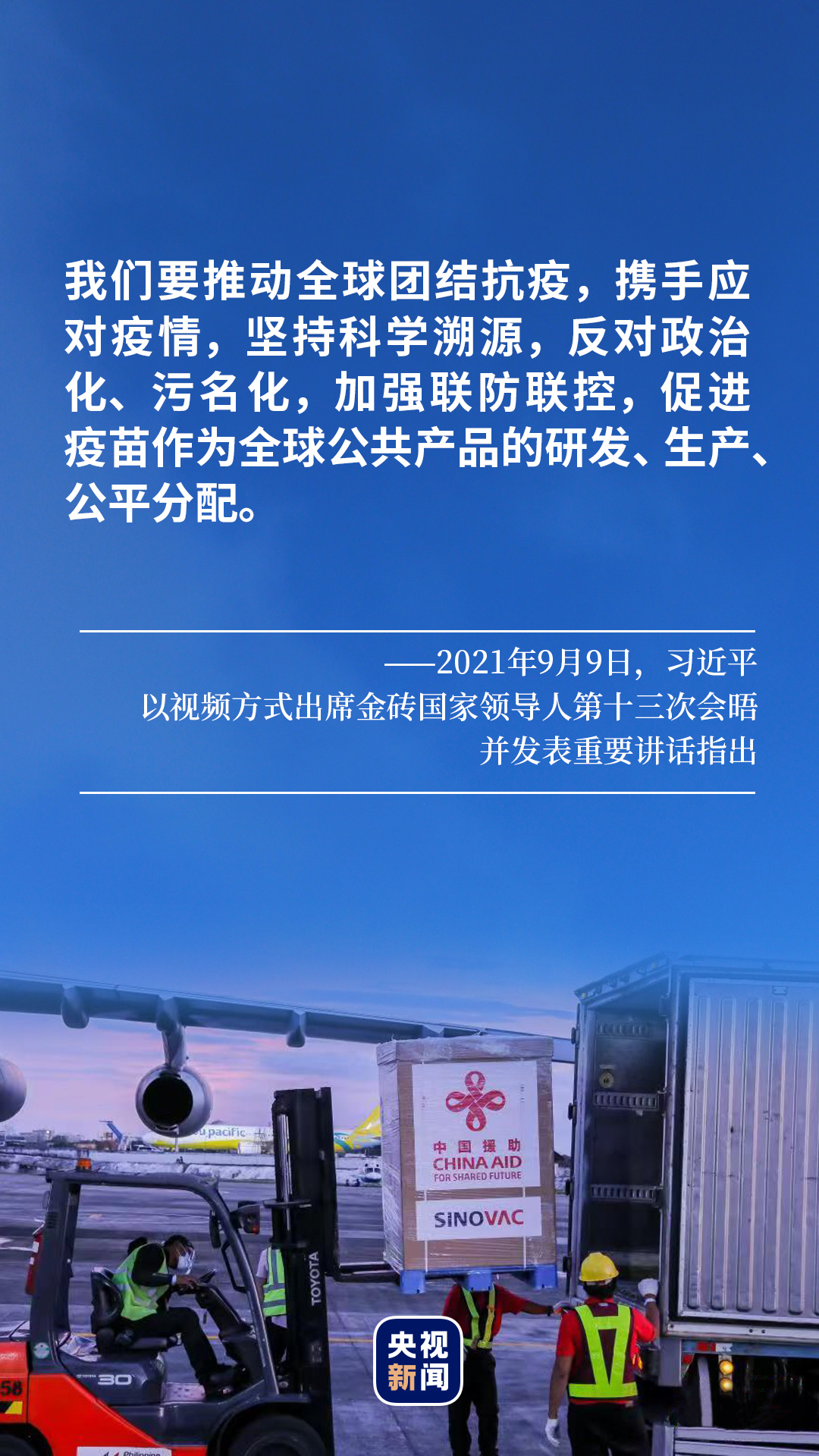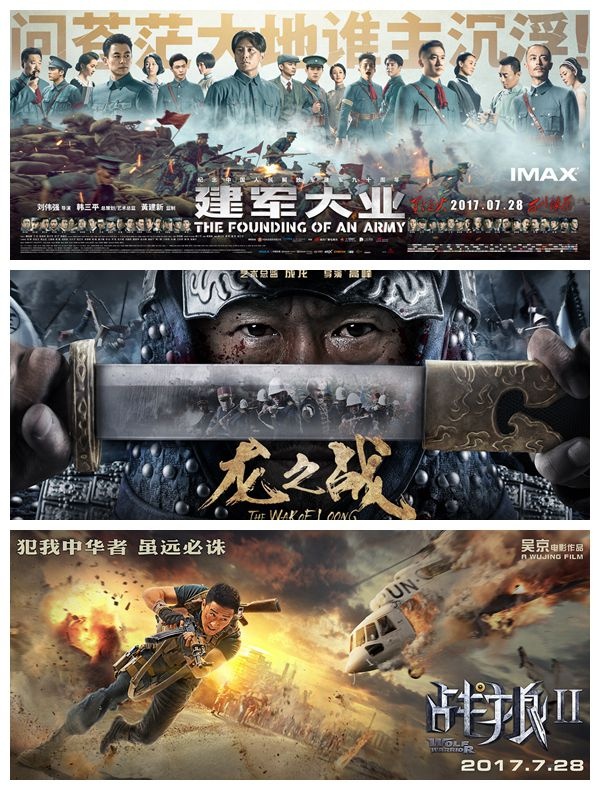
The three films, The Great Cause of Building the Army, The Battle of the Dragon and Wolf Warriors 2, have their own unique perspectives.
Special feature of 1905 film network Military has always been one of the fundamental forces of a country, while war often bears important historical significance. 2017 coincides with the 90th anniversary of the founding of the People’s Liberation Army of China, and a number of domestic films with military and war themes are released in cinemas one after another at the special time near August 1st. The stories told in these films span over a hundred years and have completely different styles, but they all have their own unique perspectives in the choice of artistic creation.
Whether it’s a little-known "new story" that has been put on the screen for the first time, a "new face" that restores youthful and passionate days of our lives, or a "new technology" that supports the grand scene and makes the film more visually impactful, all kinds of breakthroughs have helped domestic war movies stand on a brand-new height in this burning summer file and ushered in their own 2.0 era.
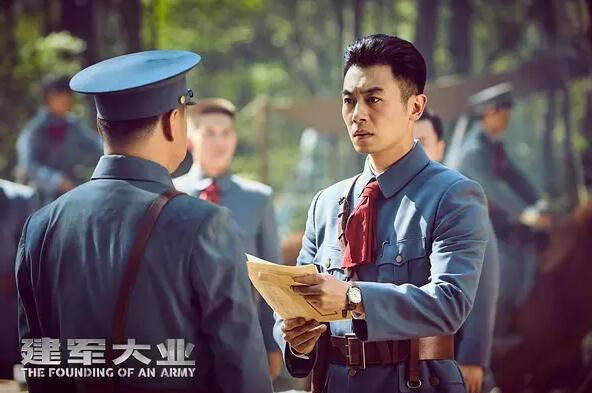
Zhu Yawen, a young actor in "Building the Army", plays Zhou Enlai.
New faces restore the history of youth and blood, rationally adapt and enhance the charm of genre films
As the final work of the trilogy of the founding of the People’s Republic of China, The Great Cause of Building the Army has chosen a completely different route in creation: giving up the more "safe" mature cast and boldly using young actors. These new faces have their own "flow" and "topicality", but they are also burdened with more controversy and doubt.
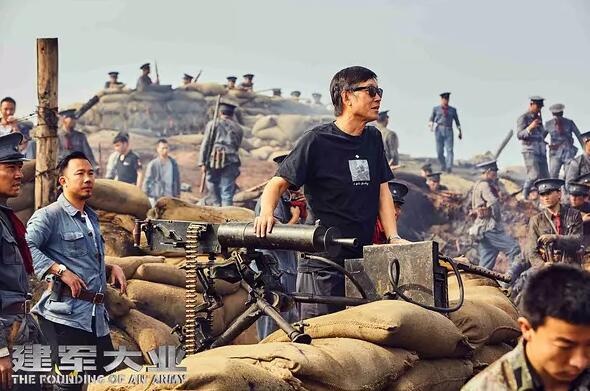
Liu Weiqiang insisted that "youth cannot perform"
But director Liu Weiqiang has always insisted on the idea that "youth can’t perform". After all, in the successful year of Nanchang Uprising, Mao Zedong was 34 years old, Zhou Enlai was 29 years old, He Long and Ye Ting were both 31 years old, the oldest Zhu De was only 41 years old, and the youngest Su Yu and Lin Biao were only 20 years old. When we see these young faces on the big screen, we can more intuitively appreciate the courage shown by our ancestors when they faced the major choices of revolution and the future. This kind of unrelenting youth and blood bring people shock, which can’t be given simply by acting.
The strong starring lineup has always been the characteristic of the "trilogy of the founding of the People’s Republic of China". In addition to the influence of actors, "Building the Army" also explores the content of the script, hoping to further enhance its appeal as a genre film through fascinating plots. As a mature commercial film director, Liu Weiqiang, together with producer Huang Jianxin and others, created a new role for the "Nanchang Uprising" within the scope of reasonable adaptation, and used him as a breakthrough point to detonate the tense confrontation atmosphere between the Kuomintang and the Communist Party. Let this already thrilling battle be more artistic and ornamental after being put on the big screen.
The rational adaptation of this artistic level, the costume action blockbuster "Battle of the Dragons" has also been tried. In the movie, Feng Xiangxian, the son of national hero Feng Zicai, is an original figure. Through this side story, The Battle of the Dragons not only depicts the father-son relationship between Feng Zicai and his beloved son, but also shows Feng Xiangxian’s bravery and bravery as a new generation of "elite troops", enriching the characters’ images, and even "achieves" the climax of Feng Zicai’s painful death of Feng Xiangxian in the latter part of the film.
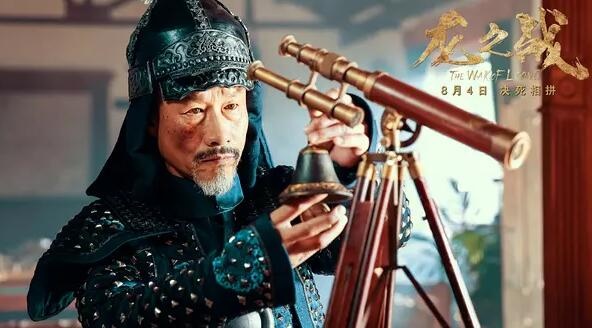
The Battle of the Dragons is famous in Feng Zicai.
Develop ideas, explore new creative breakthrough points and play a role in the complexity of Mexican human nature
The Battle of the Dragons is the only war movie with a costume theme among several movies. The film is adapted from the famous "Great Victory in Zhennan" campaign in China’s modern history: in 1883, the Sino-French War broke out, when the Qing army was losing ground. In 1885, the French army invaded Guangxi from today’s Vietnam, and the Qing government used Feng Zicai, a 67-year-old veteran who had been demobilized, to lead the army against foreign enemies. With extraordinary courage and strategy, coupled with the indomitable resistance of the military and civilians, Feng Zicai finally led the Qing army to defeat the French army and won an "impossible victory" war, which is known as "a great victory in the town". This campaign fundamentally reversed the Sino-French war situation and added a lot of color to China’s modern history of anti-aggression.
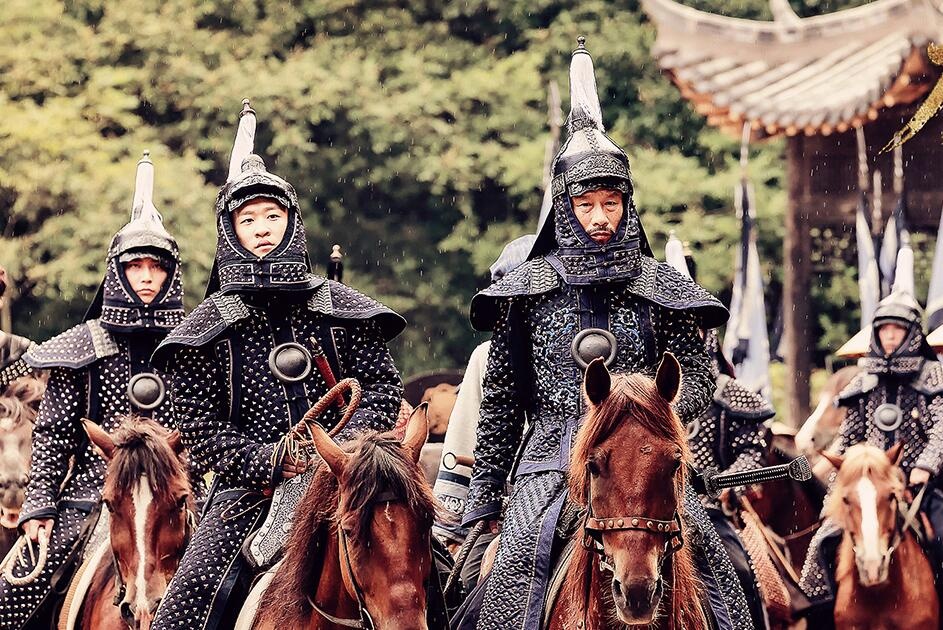
Feng Zicai led the extraction army against the invaders.
All of us who know the history know that "the town is a great success", and Feng Zicai, a national hero, is famous abroad. But this important battle of great significance in the history of modern anti-aggression is presented on the big screen for the first time. By opening up a new historical theme and with the help of film art, Battle of the Dragons shows the mainstream thought of China’s current cultural self-confidence. While carrying forward the national spirit and establishing the subjectivity of the national spirit, it also gives a rare rational communication to our complex mentality of fierce collision between backwardness and progress in modern humiliating history.
In the past, domestic war movies always focused on the whole theme, and rarely touched on the description of "people" under individual units. With the development of the times, our creative style is constantly changing. Nowadays, the "individual" has begun to occupy an increasingly critical position in domestic war-themed works. In addition to simply creating characters, creators have also begun to pay more attention to the "human complexity" of characters.
Feng Zicai in Battle of the Dragons is a national hero who bravely fought against the French invaders, but combined with the atmosphere of the historical environment, this veteran is also a full-fledged tragic figure. At an advanced age, he had to fight with his bare hands against the strong French-French tough guy, and at the same time he had to lead the extraction army of the short-staffed Major General to face the invaders who were strong in Ma Zhuang … … These plots can not only reach the audience better, enhance the emotional connection between the audience and the characters, but also make the characters more multifaceted and three-dimensional. Wolf Warriors 2 also spent a lot of ink on the characters. Apart from the steely military will of Lengfeng, we can see that he is helpless and fragile when suffering from illness, persistent and single-minded when facing love, and full of blood when helping his compatriots, all of which make this role more attractive.
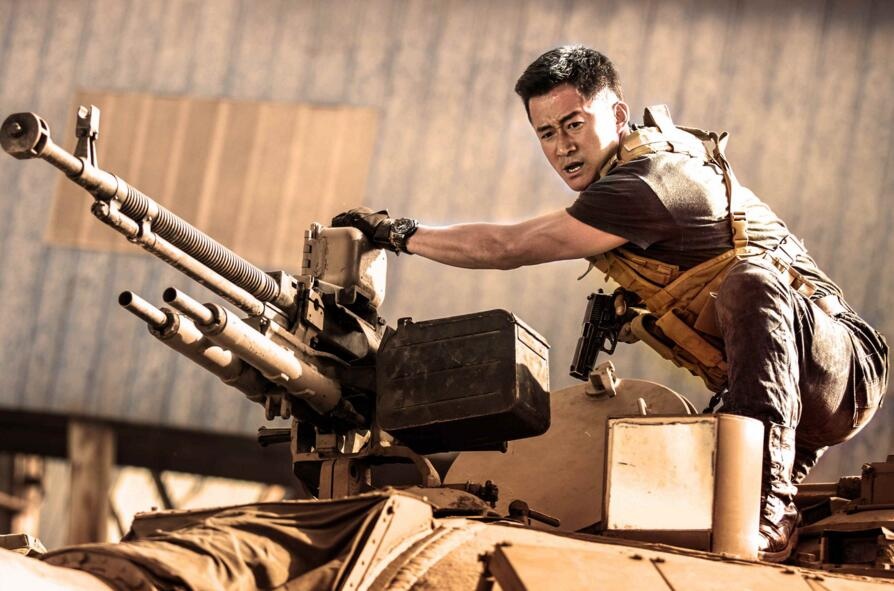
Wolf Warriors 2’s hardware and equipment upgrade
New technology supports the production of special effects and large-scale scenes to explain military affairs and war from multiple angles.
With the continuous development of the industry, the demand for the quality of works in the market is increasing day by day, and the production level of war films naturally needs to be upgraded simultaneously. Special effects scenes are an important part of most military and war-themed works. In the past, we all talked about the visual and sound effects of "five hairs", and the backward technology and lack of funds were the root causes of these regrets.
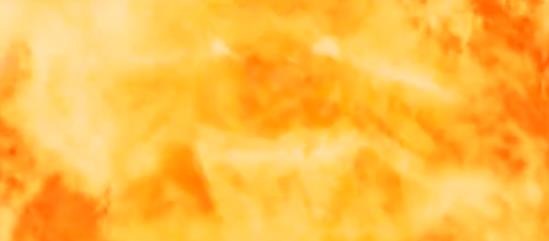
The domineering fire dragon produced by the special effects of Battle of the Dragons ignited the momentum for the decisive battle.
When this theme began to gain more and more recognition in the film market, the production of the work gradually entered a virtuous circle. With more financial and technical help, Jason Wu was able to find an international team to make special effects and design actions for Wolf Warriors 2, and at the same time upgrade the hardware to the level of tanks, helicopters and warships. In the battle of the dragon, the domineering fire dragon produced by special effects ignited the momentum for the decisive battle, and the design was ingenious and had a visual impact. Liu Weiqiang filmed the important war scene of "Battle of Sanheba", which created a record of 200 explosion points in a single shot.
Of course, the shock of war scenes and the amazing production of special effects are important for a military and war film, but they are by no means all the values it pursues. Every work and the creator behind it are exploring the spiritual connotation and the pulse of the times through historical events and stories.
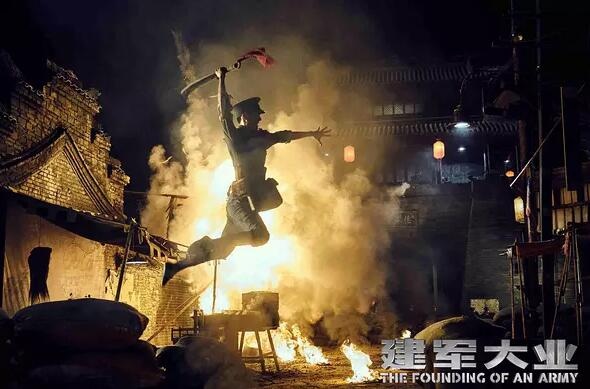
The great cause of building the army leads the audience to relive history
As a tribute film for the 90th anniversary of the founding of the People’s Republic of China, The Great Cause of Building the People’s Republic of China leads the audience to relive this period of history and remember the ancestors who bled and sacrificed for the revolution by presenting such major events as the April 12th counter-revolutionary coup, the Nanchang Uprising, the Battle of Sanheba and the joining forces in Jinggangshan. In the new era, the special forces cold front used the thrilling story of African evacuation to interpret the connotation of the times that "those who commit crimes against China will be punished far away"; The historical background of The Battle of the Dragons is quite special. We have left too many humiliating memories in the history of modern anti-aggression. This tragic and cruel battle against foreign aggression will always remind us that we yearn for peace but always remember history.
